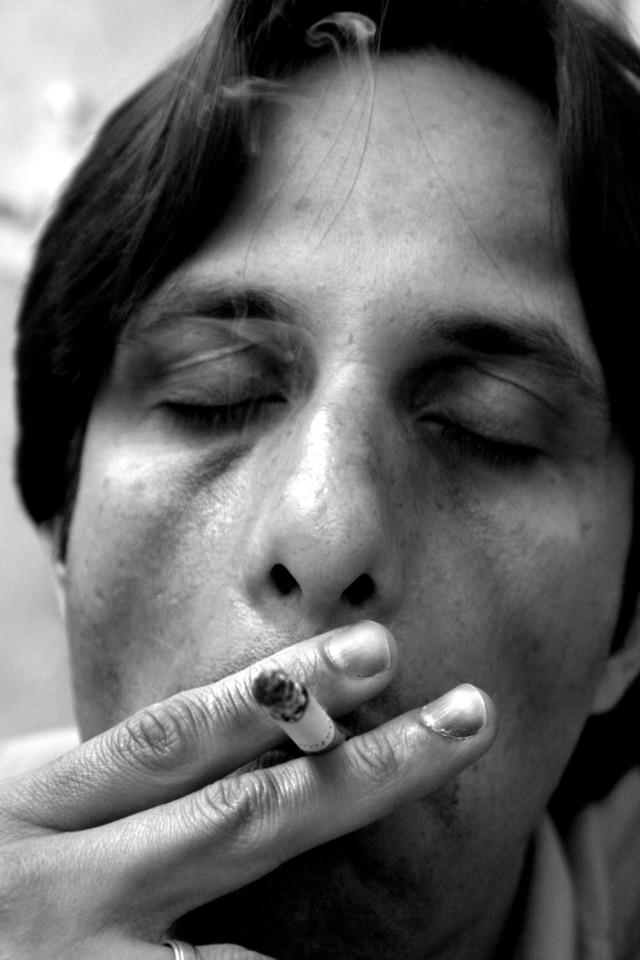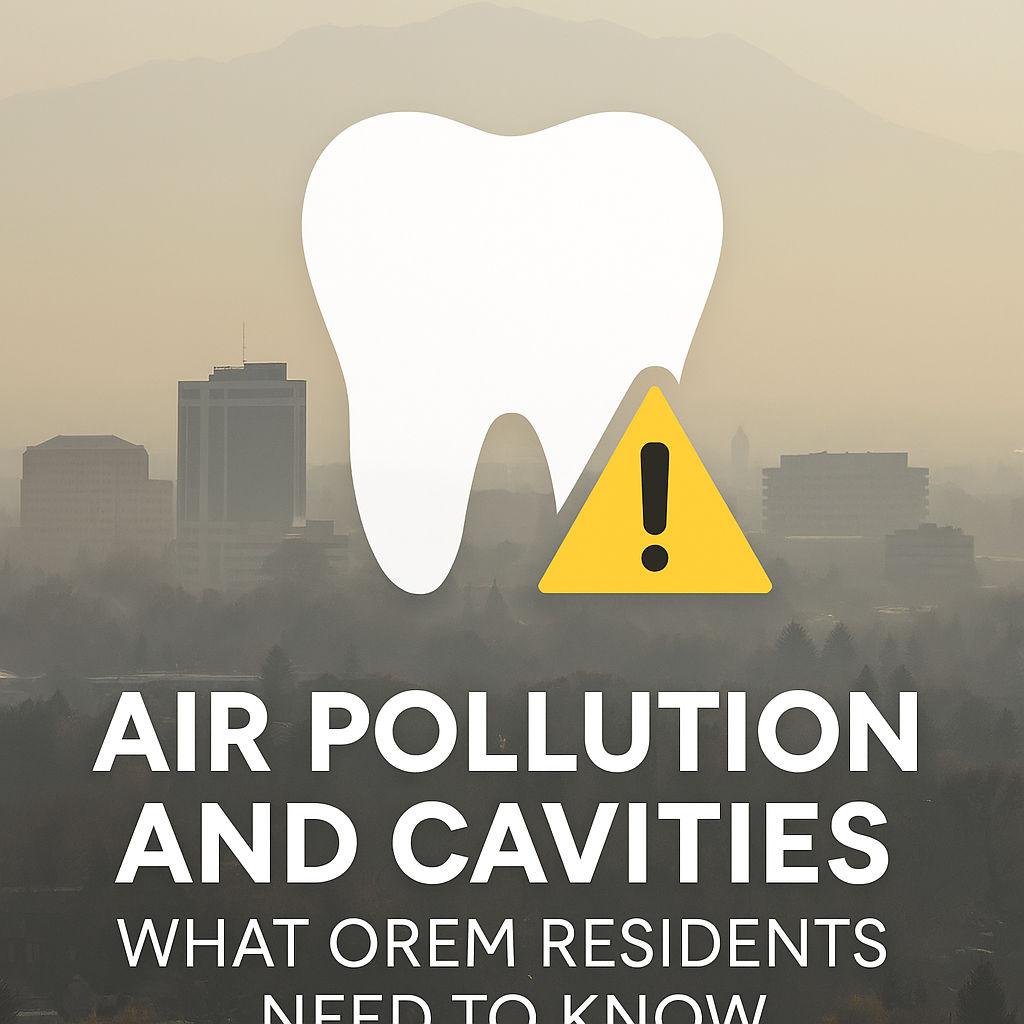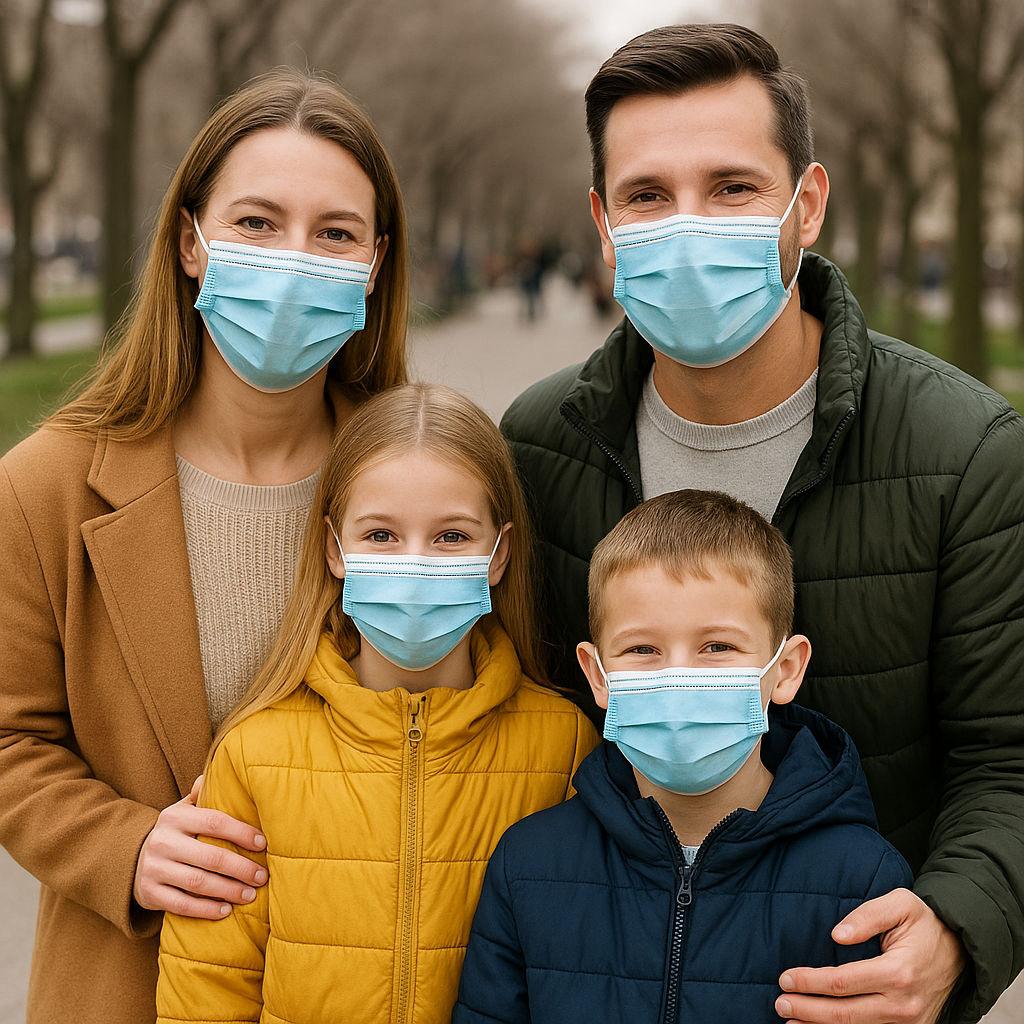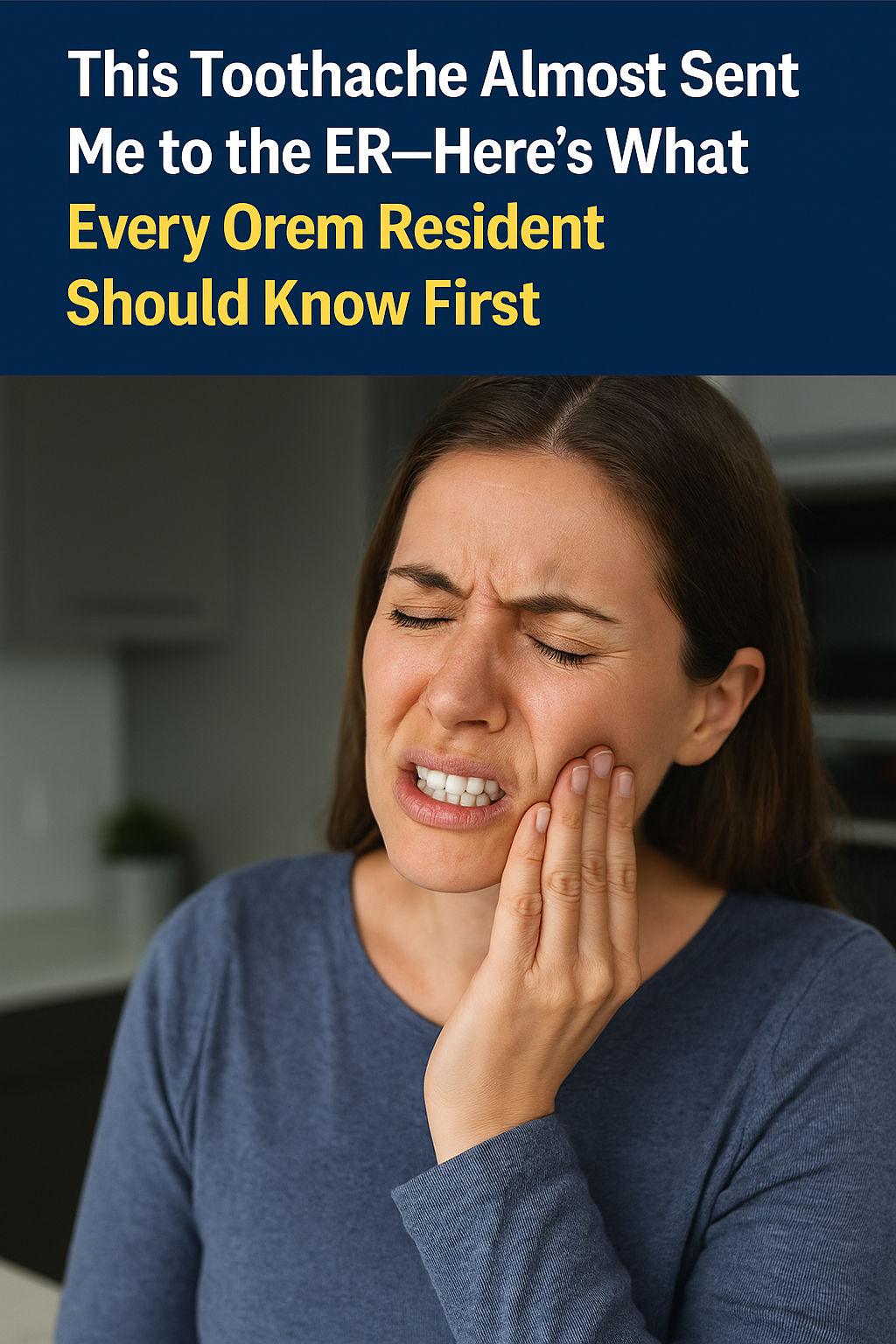As one of the most reliable family dentistry’s in Orem, Utah, we care about your dental hygiene.
It’s no secret that smoking causes long-term damage to your health. With this knowledge, it’s no surprise that cigarettes and chewing tobacco are also a danger to your oral hygiene. If you’re a smoker, the first negative impact you can immediately identify is bad breath. However, this is only the beginning of the deadly effects smoking has.
The negative impacts of smoking
Dentists witness the harsh effect of smoking on oral hygiene regularly. While many people vaguely understand how dreadful smoking can be to your health, this information is still not clearly explained on cigarette boxes or from tobacco companies. We have taken it upon ourselves to deliver you with this helpful information.
A few oral health impacts of smoking and tobacco products include:
- Smoking will stain your teeth and tongue
- You’ll experience a dull sense of taste and smell
- If you have your tooth extracted or any oral surgery done, your healing process will be slower
- You’ll experience a lot of difficulty in correcting cosmetic dental issues
- You have the risk of gum disease
- Smoking and tobacco products cause oral cancer
The impact of smoking on Americans
In January 2014, it had been the 50th anniversary of the first Surgeon General’s Report on smoking and health. The report had increased the number of illnesses and diseases associated with smoking. According to the U.S. Department of Health and Human Services, over 20 million Americans have died since that report.
The majority of those deaths were adults, but an alarming 2.5 million were nonsmokers affected by secondhand smoke. Secondhand smoke refers to the air polluted by people’s cigarette smoke. As these figures reveal, secondhand smoke can be just as dangerous as smoking a cigarette.
It is a matter of urgency to quit smoking to secure your health and the health of those around you. Not sure how to quit smoking? We’ll discuss that next.
How to quit smoking cigarettes and tobacco products
To quit smoking and any tobacco intake is the only way you can prevent negative implications. The additive nicotine is present in cigarettes, chewing tobacco, cigars, and other tobacco products can make quitting severely challenging. This makes it crucial for smokers who want to quit, to have a support structure and people who can encourage their goal.
Methods to quit smoking:
- Write down the reasons you’d like to quit
- Exercise
- Use chewing gum as an alternative
- Speak to your dentist or doctor about medication to help you quit
- Seek online support from ex-smokers
You can also find free, illustrated booklets that offer valuable information about smoking at the Surgeon General’s office. Adults can find information in these booklets to take care of their health, the health of their children, families, and communities.
If you need more help to quit smoking, you can get support from former smokers at the Centers for Disease Control and Prevention. Speaking to former smokers can give you an insight into how they stopped smoking, thus helping you quit.





